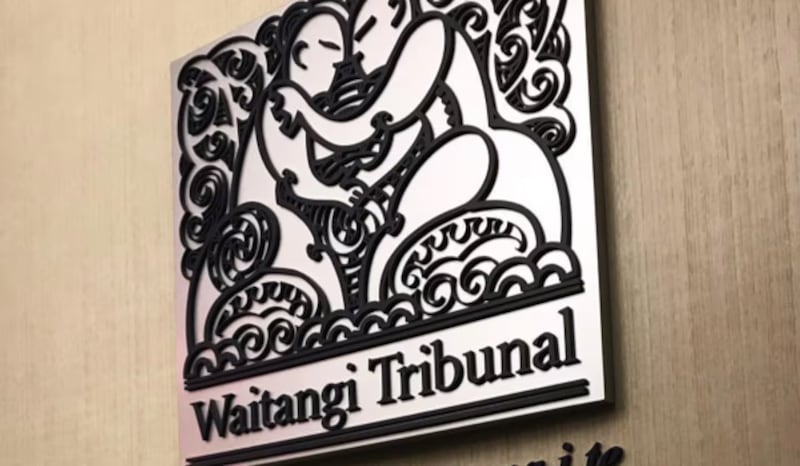Two weeks ago, the Waitangi Tribunal heard its Te Reo in the Public Sector inquiry, it was the sixth urgent claim heard by the tribunal this year, a record number for such a short period of time.
The most recent inquiry began with Tauranga iwi Ngāi Te Rangi, which put a claim to the tribunal in December of last year.
What is the Waitangi Tribunal?
The Waitangi Tribunal is a standing commission of inquiry. It makes recommendations on claims brought by Māori relating to legislation, policies, actions or omissions of the Crown that are alleged to breach the promises made in the Treaty of Waitangi.
It was set up under the Treaty of Waitangi Act 1975 and originally it could only hear claims about current government actions, i.e. after 1975. But in 1985, Parliament allowed the tribunal to investigate claims dating back to 1840. Since then, almost all iwi have gone through the tribunal process, including our own people of Rangitāne from Wairarapa and Tamaki nui-ā-Rua; that settlement became law in 2017.
While there are still a few historical and district claims going through the tribunal process, it has been in the news more recently for contemporary claims, which is in line with its original remit.
After hearing evidence from claimants and the Crown, the tribunal will then produce a report with its findings and recommendations. This process can take months or years depending on the issue being considered. The report is sent to the relevant government ministers, although in almost all cases the recommendations are not binding. The government may choose to act on the recommendations or not.

The tribunal has no authority to consider issues before Parliament. Once a bill is introduced to Parliament the tribunal must wait until it passes before it can scrutinise it.
Why so many claims in recent months?
Since the beginning of the year, the tribunal has heard urgent claims on topics as different as the disestablishment of the Māori Health Authority, the repeal of section 7AA of the Oranga Tamariki Act and Māori ward referendums. What ties them together is that each issue relates to policies laid out in the new Government’s coalition agreements.
The tribunal put it this way in their urgent report on Māori wards and constituencies: “We wish to make the general point that a consistent theme runs through this and other recent urgent applications to the tribunal: ‘An assumption on the part of the government that the coalition agreements that led to its formation override or take precedence over the Crown’s obligations under the Treaty of Waitangi’.”
As seen throughout the year at places like the Hui ā Motu at Turangawaewae and at subsequent hui, when there is a concern that by and for Māori policies are being eroded away, Māori people will fight it through whatever means available. So even though the findings of the Waitangi Tribunal are only recommendations, it is a powerful body to give Māori concerns a voice.
- NZ Herald

